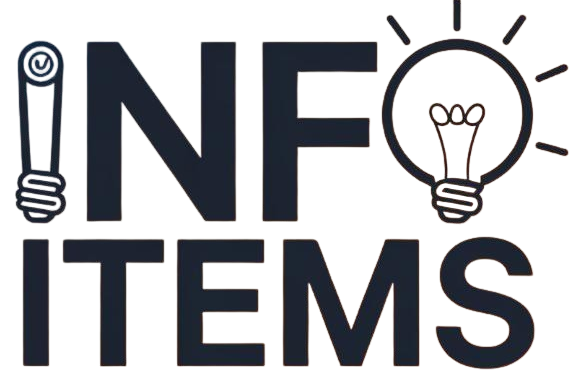Skill acquisition is a proven technique to accelerate learning. Many people try skill development because they depend on traditional learning methods. Watching tutorials, reading guides, or memorizing theories may feel productive, but without practical, structured application, retention remains low.
The Two-Minute Rule for Immediate Progress
One of the biggest obstacles to skill mastery is procrastination. The two-minute rule suggests starting with a tiny, manageable task—just two minutes of practice—to eliminate mental resistance. Once the session begins, the brain naturally shifts into focus mode, making extended learning easier.

The 80/20 Technique for Faster Learning
The Pareto Principle states that 80% of results come from 20% of efforts. Instead of trying to learn everything, focus on high-impact actions that drive the most progress. For language learning, this means prioritizing common phrases. In coding it involves mastering core functions before advanced techniques.
The Feedback Loop for Faster Refinement
Immediate feedback helps correct mistakes before they become habits. Seeking quick evaluations—whether through mentors, AI-driven assessments, or real-world testing—shortens the trial-and-error process. Without feedback, errors go unnoticed, slowing improvement.
The Spaced Repetition Method
Revisiting material at strategic intervals strengthens memory retention. Instead of cramming, break practice into short, spaced-out sessions. Research confirms that recalling information over increasing time gaps leads to longer-lasting skill acquisition.
The “Fail Faster” Approach
Failure isn’t the enemy—it’s the fastest path to mastery. Instead of avoiding mistakes, actively seek controlled failure. By attempting skills beyond current capabilities, the brain adapts more quickly. Professionals in sports, business, and music use this approach to push their limits.
Learning in Context for Stronger Retention
Skills develop faster when applied in real-world settings. Instead of isolating practice, integrate learning into daily tasks. For example, rather than memorizing vocabulary, language learners improve faster by engaging in real conversations.

The Power of Teaching Others
Explaining a skill to someone else forces deeper understanding. Known as the Feynman Technique, this method highlights gaps in knowledge and reinforces learning. Teaching even basic concepts accelerates mastery.
Applying These Hacks Today
Skill mastery isn’t about time spent—it’s about using time wisely. These methods cut unnecessary effort, improve retention, and maximize results. Instead of struggling with slow progress, apply these strategies and see noticeable improvements in half the usual time.

I am an accomplished Data Analyst and Data Scientist with over a decade of experience in data analysis, software engineering, natural language processing, and machine learning. I have successfully led teams in developing large-scale computer vision platforms, created web crawlers capable of managing petabytes of data, and co-invented a patented NLP methodology. My strong foundation in competitive programming and five years of teaching computer science and artificial intelligence courses have equipped me with expertise in algorithm development, data consistency strategies, and AI-driven automation. Proficient in Python, Java, machine learning frameworks, and cloud technologies, I am dedicated to driving AI innovation and delivering data-centric solutions. I am based in North Carolina, USA.
